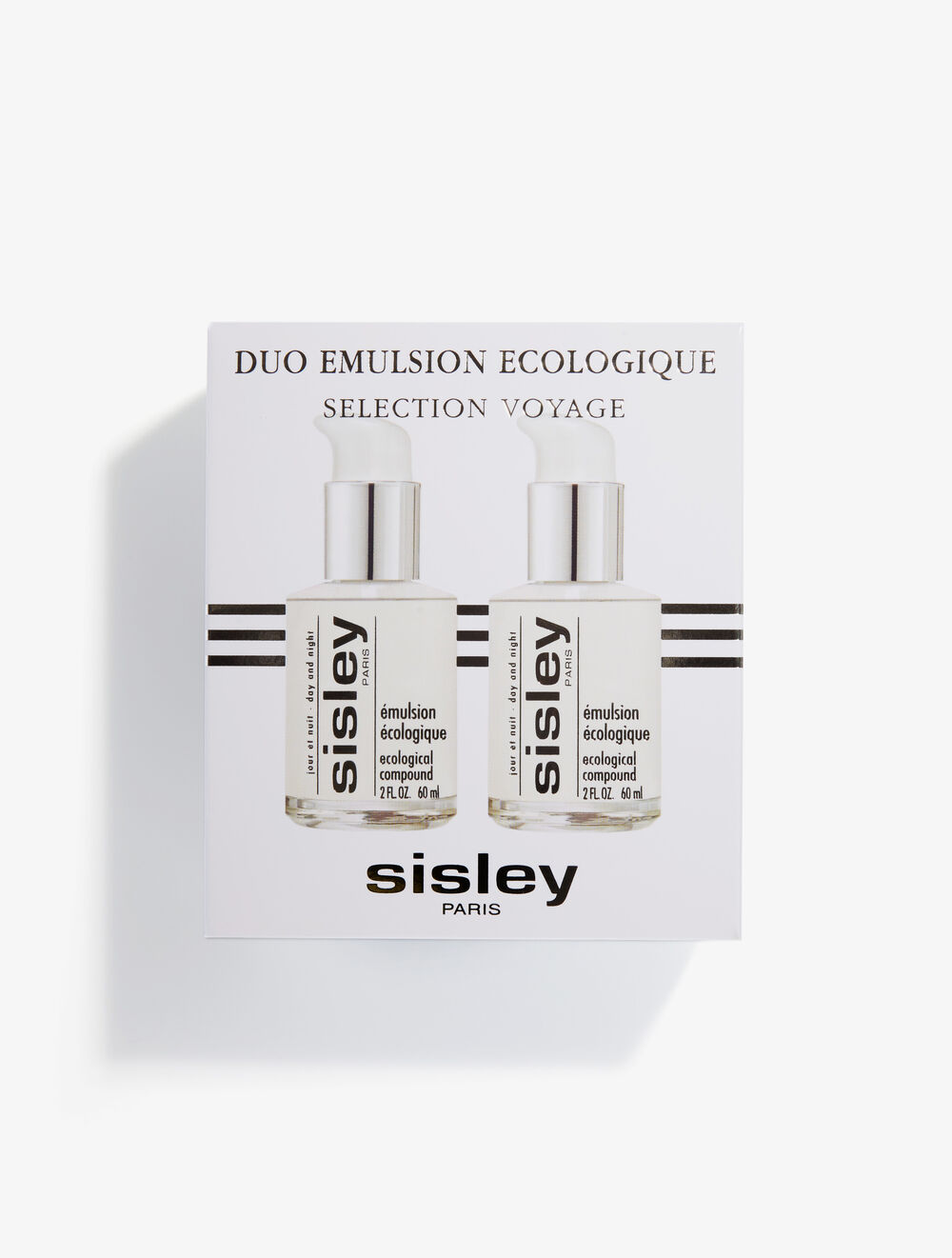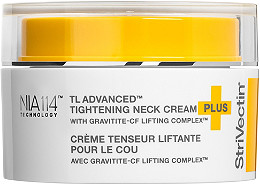Lightbulb Vitamin C Serum – Ghost Democracy
For brighter, firmer, more even-toned, and healthier-looking skin. 18.0% Vitamin C, 1.9% Vitamin E, 0.5% Bakuchiol, 0.5% Bisabolol.
A waterless daily brightening serum that evens & enhances skin tone and texture. Quick-absorbing, lightweight and non-irritating. For all skin types.
[No sulfates, no silicones, no essential oils, no drying alcohols, no added fragrance, no phthalates, no parabens, no mineral oil, no synthetic dyes, no propylene glycol, no formaldehyde, no MEA, DEA, TEA, no PEG compounds, no EDTA.]
Additional information
| Ingredients | Our waterless, silicone-free & fragrance-free serum is powered with unusually high concentrations of: 18.0% Vitamin C (tetrahexyldecyl ascorbate): A more stable & higher-quality form of Vitamin C, this potent antioxidant helps to neutralize free radicals in the skin, helping to fade and prevent irregular pigmentation. Also minimizes redness for a more even skin tone. 1.9% Vitamin E: The perfect pair to Vitamin C, this nourishing antioxidant helps enhance the function of Vitamin C and strengthen the skin barrier. Tocopherol is also a natural anti-inflammatory that helps soothe and calm the skin. 0.5% Bakuchiol: A natural, plant-based retinol alternative, this antioxidant has anti-inflammatory properties and helps improve elasticity without the sensitivity and redness of traditional retinol. Helps to promote smoother texture, reduce hyperpigmentation, and brighten. 0.5% Bisabolol: This soothing active is a great source of vitamin B5 (panthenol), a natural humectant. Along with anti-microbial and skin-brightening properties, it helps to soothe inflammation and calm the skin. |
|---|






by Sophie
I bought the ghost democracy set about a month ago, and it has COMPLETELY transformed my skin. I was dealing with acne/inflammation, and my skin is almost unrecognizable now. My skin looks so healthy and clear, and while I still get the occasional pimple, it goes away quickly and painlessly!
by Jennifer
This is one of my favorite products I’ve ever used on my face. I’ve been using it about 2 weeks now, and my skin tone is already evening out. This stuff helps with dryness, acne scars, uneven skin tone. It’s truly a game changer!
by Sierra
Love the texture, skin looks great! Can’t say with specificity but definitely more glowy and even. Would recommend!
by Lorraine
So far good. Need more time to tell.
by Sarah
I feel like I saw results from this serum immediately! It’s awesome. Lighter and brighter skin and fully moisturized. I highly recommend.